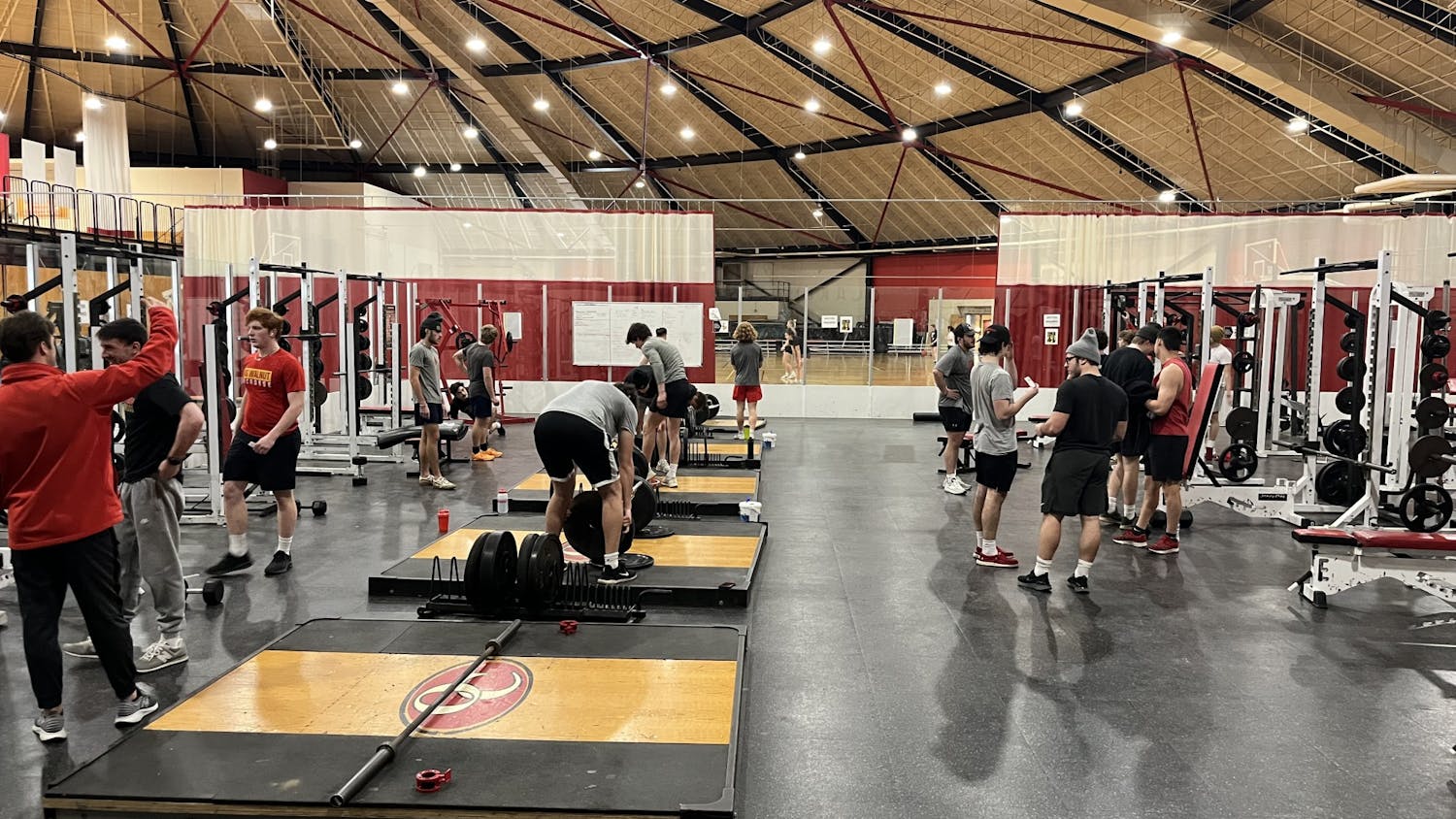Otterbein switched to a new food provider, Parkhurst Dining, for this academic year. With this change comes questions about who sets dining policies and why certain decisions are made.
Dining policy decisions fell under Student Affairs until Dean Bob Gatti’s retirement on July 1. After his retirement, the relationship with the food service provider fell under the jurisdiction of the chief financial officer and vice president of business affairs, Susan Bolt.
Bolt on campus students are required to purchase meal plans because of a guaranteed access to food and socialization. She said that the traditional meal plan is intended for students living in traditional dorm halls. Bolt also said that the other meal plan options are available to students who live off-campus and would still like the option of eating on campus.
Elise Schneller, a junior nursing major, said, “It’s a time where I can hang out with my friends who aren’t in my major.”
Bolt said that Otterbein pays for an amount per day per meal plan and cardinal dollars. The cost of running the dining facilities, such as paying for equipment and utilities, also factors into how much the university pays for dining services.
Bolt said, “I think some things that people don’t think about that are pretty expensive: trash, composting, recycling. It’s a pretty expensive operation.”
According to the Otterbein dining website, there are three parts to the meal plan: meal swipes, cardinal dollars, and munch money. Every year, many of these purchased options go unused by students. Cardinal dollars and meal exchanges go away if they are not used by the end of the school year.
Schneller said that she purchased the 120 Meal Plan because it was the minimum amount that students must buy. She said that having a meal plan is not necessary but is the more convenient option due to living in a dorm room without a kitchen.
Bolt said, “When you buy a meal plan that has swipes and cardinal dollars, if you don’t use them all, they go away and that’s how the meal plans are priced. So, there’s an expectation that some of these aren’t going to be used.”
Since munch money is purchased outside of a meal plan, it will carry over into the next school year if it is not used. The website explains that unused munch money will continue to carry over until a student graduates from Otterbein.
Bolt said that the contract between Parkhurst and Otterbein is expected to last 10 years. However, Otterbein can cancel the contract at any time.







